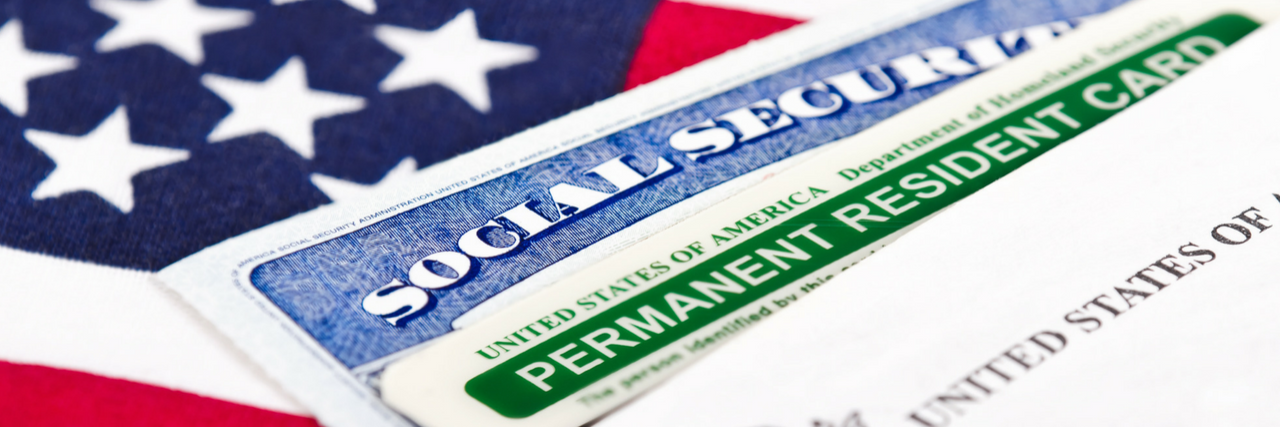New Immigration Rule Could Bar Immigrants With Health Concerns From Getting Green Cards
Update: The Trump administration issued a final rule on August 12, 2019, that allows federal officials to deny immigrants green cards if they will need public services or have used public services in the past.
A new proposal from the Trump administration would make it harder for immigrants to obtain visas or permanent residency if they are considered more likely to use public services including disability services and government health insurance.
The proposed rules come from U.S. Citizenship and Immigration Services, part of the Department of Homeland Security. The proposal refers to immigrants who would need services as “public charges,” and includes those with health conditions, mental illnesses and disabilities. An immigrant would also be considered a public charge if they would need access to other social services like food assistance or other assistance programs.
The proposed rule would change the definition of a public charge effectively changing how the U.S. handles immigration, Matthew Lopas, health policy attorney at the National Immigration Law Center, told The Mighty.
Before the proposal, “public charges” were defined as immigrants who were largely dependent on the government for support. Only two situations would make someone a public charge: if they needed cash assistance or long-term institutional support like a nursing home. It did not include immigrants who use Medicaid, the Children’s Health Insurance Program or other health services, except for long-term care facilities such as nursing homes. Other types of non-cash assistance include WIC or other nutritional services.
According to a draft of the proposed policy, having a condition is not necessarily enough to deny a visa or residency, but lack of private insurance or other means to pay for medical care could lead to a denial. Essentially, immigrants need to be “self-sufficient” and able to work, regardless of health or disability.
“The policy that this administration is proposing could completely change the way we view immigration and turn it away from something that’s about family reunification and giving people an opportunity to come to this country and thrive and making it solely about what somebody has in their wallet,” Lopas said.
Lopas added that, as of now, disability on its own isn’t a way to bar someone from entering the country or becoming a permanent residence. However, under this proposal, many people with disabilities would be barred “de facto” since they wouldn’t be able to use government assistance or programs. Disability and health conditions can be expensive. In 2013, 30 percent of Americans who received government assistance based on income were people with disabilities, according to the U.S. Census Bureau.
Photo via Getty Images/leekris

